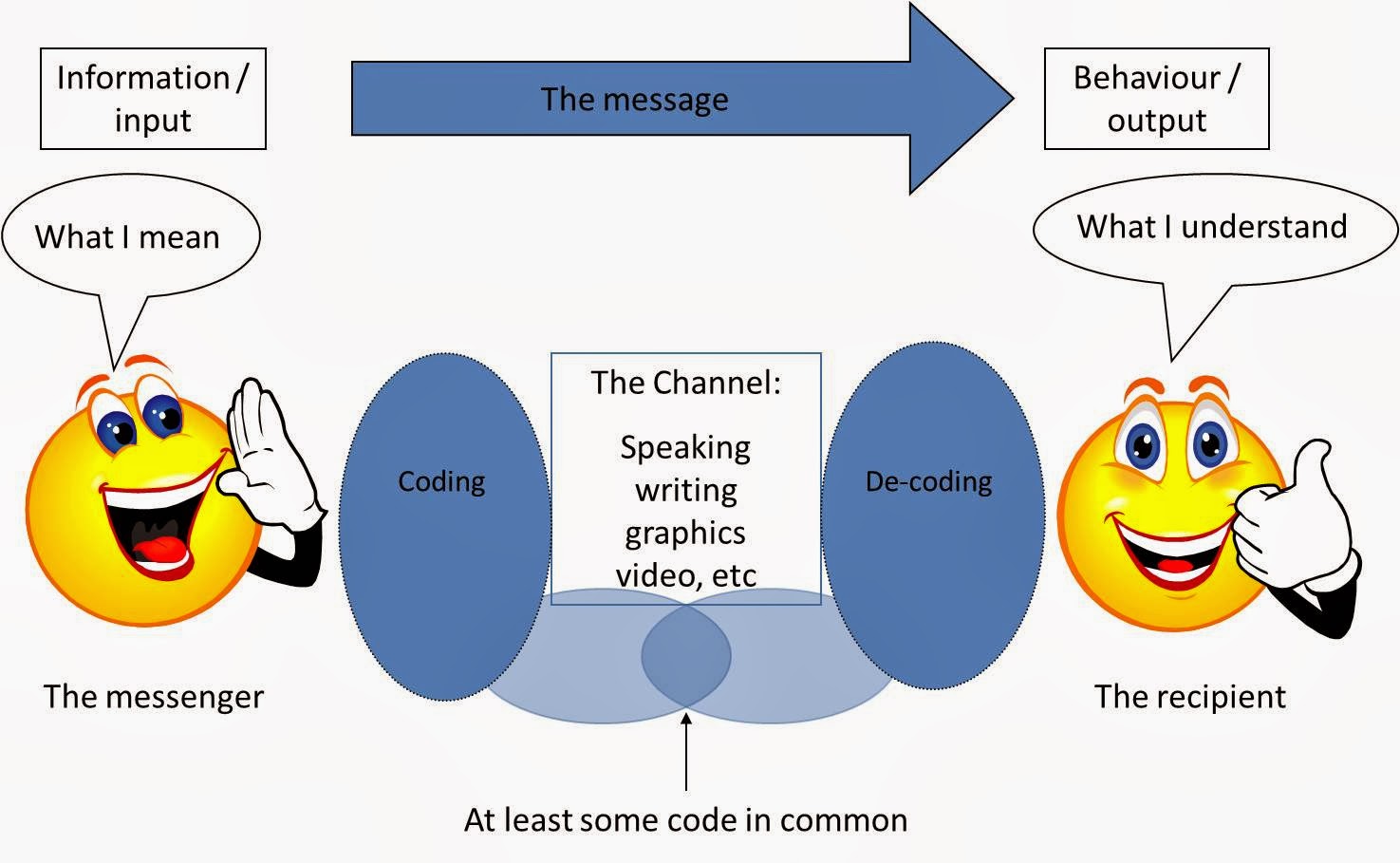Concept of Knowing the Word
The concept of "knowing a word" involves much more than just being able to recognize or pronounce it. Truly knowing a word means understanding several aspects of its use and its connections to other words and concepts. This multifaceted understanding includes:
- Meaning(s):
Knowing not just the primary definition of a word but also its secondary
and nuanced meanings.
- Use:
How the word functions in sentences, including its grammatical roles
(e.g., as a noun, verb, adjective).
- Form:
Understanding the word's different forms, such as plural forms for nouns,
past tense for verbs, and comparative forms for adjectives.
- Pronunciation:
Being able to say the word correctly, including stress and intonation
patterns.
- Spelling:
Knowing how to spell the word correctly.
- Collocations:
Familiarity with other words that frequently occur with the word (e.g.,
make a decision, heavy rain).
- Connotations:
Understanding the positive, negative, or neutral associations that the
word carries.
- Register:
Knowing in which contexts the word is appropriate, such as
formal, informal, academic, or slang.
- Frequency:
An awareness of how common the word is in the language.
Illustrations of Knowing a Word
Let's use the word "meticulous" as an example to
illustrate these aspects of knowing a word:
- Meaning(s):
Understanding that "meticulous" means showing great attention to
detail; very careful and precise.
- Use:
Recognizing it is an adjective that can describe a person, their actions,
or methods, as in "She is meticulous in her work."
- Form:
Knowing that "meticulous" does not change form since it's an
adjective but being aware of related words like "meticulously"
(adverb) and "meticulousness" (noun).
- Pronunciation:
Being able to pronounce it correctly as /məˈtɪkjʊləs/.
- Spelling:
Knowing the correct spelling is "meticulous," not
"meticulas" or "meteculous."
- Collocations:
Familiar with common pairings, such as "meticulous attention,"
"meticulous planning."
- Connotations:
Understanding that "meticulous" generally has a positive
connotation, implying thoroughness and care.
- Register:
Knowing that "meticulous" is appropriate in both formal and
informal contexts but is more often found in written language or specific
spoken contexts.
- Frequency:
Being aware that "meticulous" is not an everyday word but is
common in professional and academic contexts.



Comments
Post a Comment